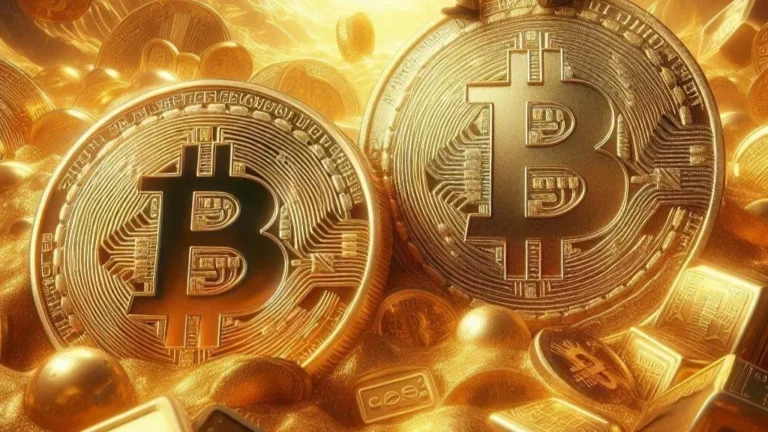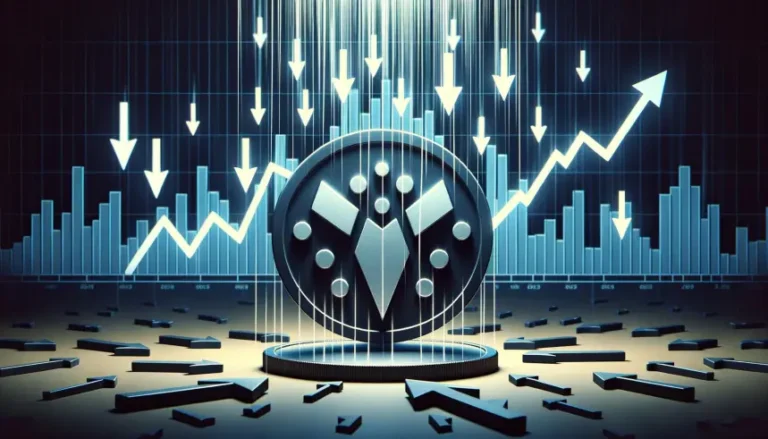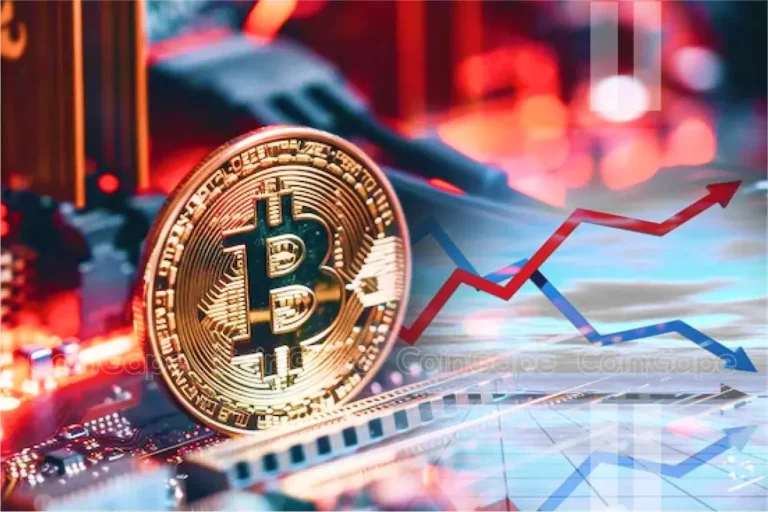Unlocking the Future: The Impact of the Historic Prisoner Swap
Introduction
On Thursday, a momentous event took place that could potentially shift the political landscape as we know it. A historic prisoner swap between the United States and Russia resulted in the release of 16 political prisoners, including former U.S. Marine Paul Wheelan and Wall Street Journal reporter Evan Gershkovich. This exchange also saw the freedom of 8 Russians who were held in other countries, including an assassin working for the Russian state who was convicted and jailed in Germany. The implications of this unprecedented event are far-reaching and complex, raising questions about diplomacy, justice, and the future of international relations.
Impact on Individuals
For the individuals at the center of this prisoner swap, it is a moment of relief and new beginnings. After months or even years of unjust imprisonment, they now have the opportunity to reclaim their lives and rebuild what was taken from them. Paul Wheelan and Evan Gershkovich can finally reunite with their families and loved ones, while the Russian prisoners held abroad can return to their homeland. The emotional and psychological toll of being a political prisoner is immeasurable, and this exchange offers a ray of hope in an otherwise bleak situation.
Impact on Authoritarian Regimes
One of the most concerning aspects of this historic prisoner swap is the message it sends to authoritarian regimes around the world. By engaging in high-profile exchanges like this, leaders like Vladimir Putin may feel emboldened to wrongfully detain individuals for political purposes. The normalization of prisoner swaps as a diplomatic tool could potentially lead to an increase in unjust arrests and detentions, as these leaders see a way to negotiate for their own interests on the global stage. The danger of politicizing justice is a slippery slope that could have dire consequences for human rights and international relations.
Impact on the World
The ripple effects of this prisoner swap are not limited to the individuals directly involved or the authoritarian regimes in power. The broader implications for the world at large are significant and will shape the future of diplomacy and justice on a global scale. The precedent set by this exchange could influence how countries approach negotiations, conflicts, and human rights issues in the future. It raises questions about the role of political prisoners in international relations and the ethical considerations of using their freedom as a bargaining chip. The impact of this historic event will reverberate far beyond the headlines, shaping the way nations interact and navigate complex geopolitical landscapes.
Conclusion
In conclusion, the historic prisoner swap that took place between the United States and Russia has far-reaching implications that extend beyond the individuals involved. While it offers a glimmer of hope for those unjustly imprisoned, it also raises concerns about the precedent set for authoritarian regimes and the future of international diplomacy. As we navigate the aftermath of this event, it is crucial to remain vigilant in upholding the principles of justice, human rights, and diplomacy. The unlocking of the future rests on our ability to learn from the past and strive towards a more just and equitable world for all.





